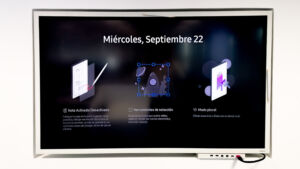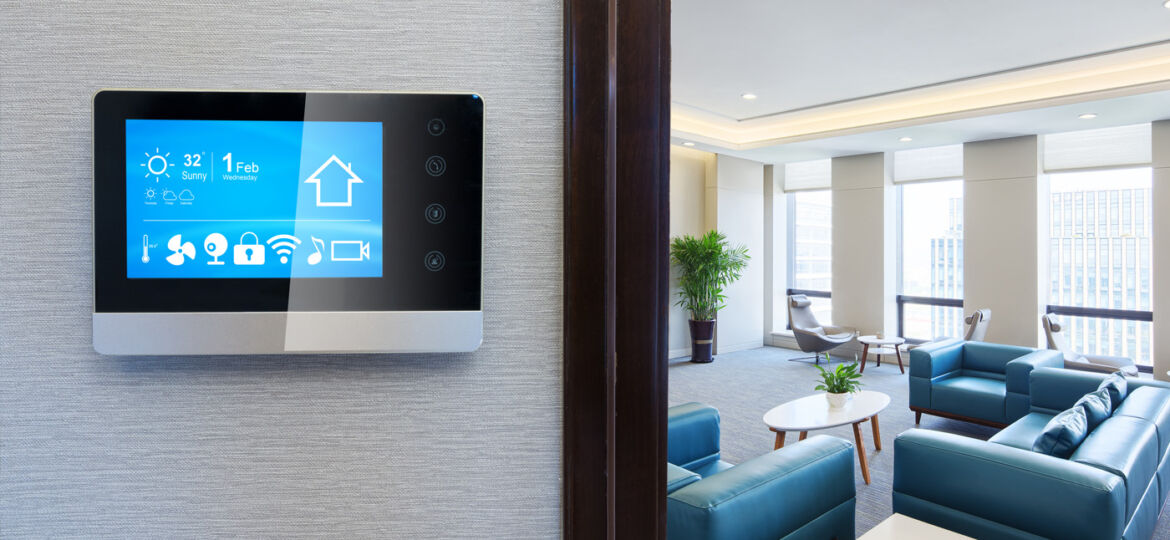The combination of sensors, IoT, and AI can exponentially increase employee wellness.
Technology makes our lives more convenient and simplifies many of the tasks and actions we perform on a daily basis: a door that opens when you walk by, car headlights that turn on automatically when it gets dark, and room temperature that is always just right for the situation.
These are actions that we enjoyed a long time ago thanks to the invention of sensors, but when we equip these sensors with IoT (Internet of Things) technology, we get a new level of wellness: a refrigerator that detects the food that has run out and places an order, an app that allows you to turn the heating on or off if you forgot to program it previously, a robot vacuum cleaner that recognizes your house to make the best cleaning without rolling down the stairs…
And if we add the AI (Artificial Intelligence) layer, the experience increases exponentially: when you enter your home, you request your favorite music, you take pictures as if you were “almost” a professional, you get information that interests you, and increasingly adjusts to your preferences, or your language learning program adapts to your level and progress in learning.
Wellness and Efficiency

We do not want to lose this wellness that we incorporate in our private lives when we enter our companies, which are increasingly concerned with making employees feel at home or even better. But they must do so in an efficient and balanced way, compensating investment and profit.
This is perfectly compatible, because all these technological ecosystems, can provide benefits only if they are well managed: knowing the affluence that has had a meeting room or a bathroom can allow you to optimize the cleaning service, know the temperature measurements and amount of lighting and manage it with AI can adjust the climate and monitoring of the blinds to obtain the lowest consumption.
With good management it is easy to achieve this balance, but how is this management done? Facility Managers know a lot about that, they are the magicians who make this almost imperceptible technology, and those who enjoy it, work properly.
You may be interested in: The Re-Evolution of the workplaces
Technological revolution
The role of Facility Managers is key, for example, in monitoring indoor air quality, a traditional element in building management that has been highlighted in the wake of Covid-19. Companies have a duty to ensure that the air that their office users breathe is clean. This task usually falls to Facility Managers who, thanks to the new technology available, have access, in a more agile way, to a better knowledge of the state of air quality.
There are environmental sensors based on Cloud and Big Data software, which make it possible to collect information and measure this indicator of employee well-being remotely and continuously.

This is just the tip of the iceberg of the technological revolution in workspaces, where solutions such as contact-less room reservation systems, workstations, parking spaces or bicycles, check-in and check-out platforms, collaboration and videoconferencing devices, interactive screens, beamforming microphones, videowall, digital signage… are proliferating.
Getting into an electric and autonomous car is no longer an option. Technological offices are not a matter of the future or a dispensable expense. It is a competitive advantage to make the management of your spaces more efficient and to make employees work more comfortably.


